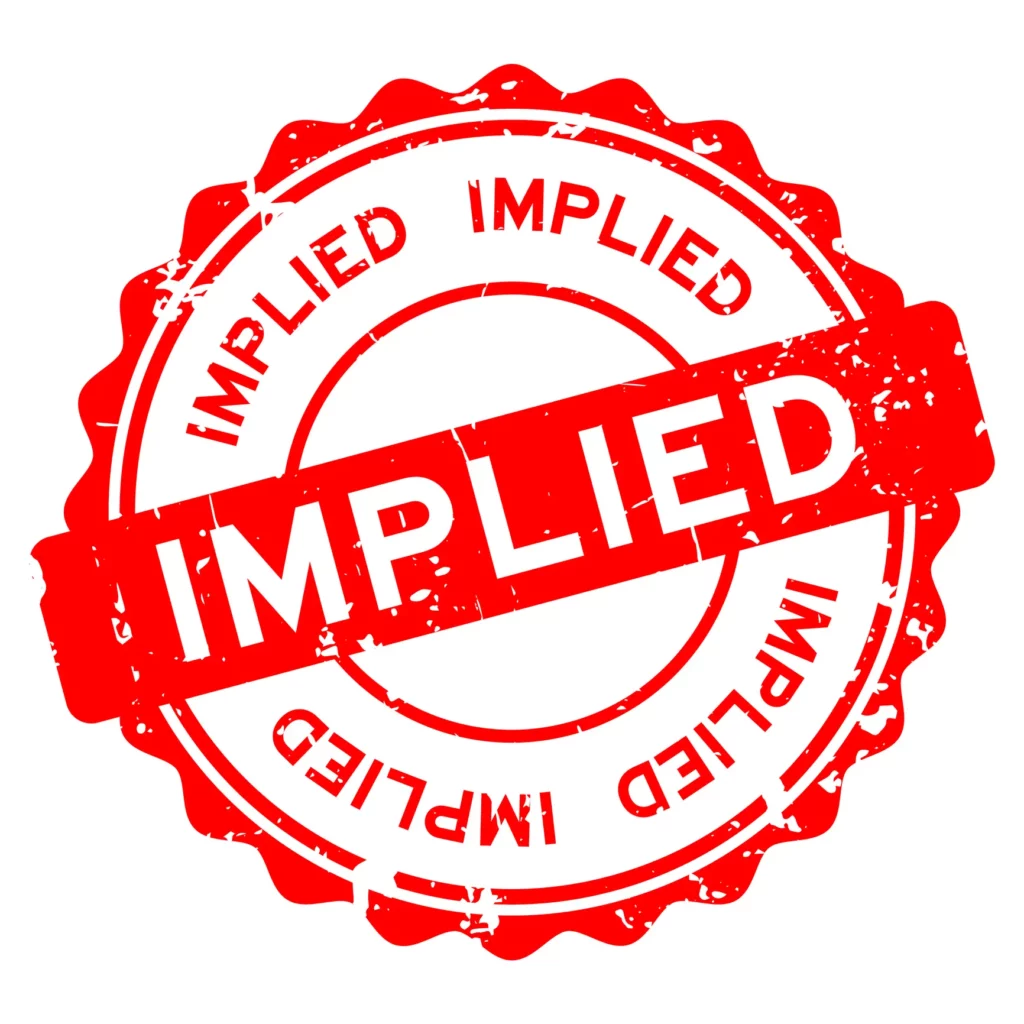
Imply: To Suggest Indirectly
Imply is a verb that means to suggest or hint at something indirectly without stating it explicitly. It involves conveying a message or idea through subtle or implicit communication. Here are a few examples to illustrate its usage:
- “Her tone implied that she was not happy with the decision.”
- “The manager implied that there might be layoffs in the near future.”
- “By saying he was too busy, he implied that he did not want to attend the meeting.”
In these examples, “imply” is used to describe the act of indirectly suggesting or hinting at something.
Infer: To Draw a Conclusion
Infer is a verb that means to draw a conclusion or deduce something based on evidence or reasoning. It involves interpreting and making sense of information that is not explicitly stated. Consider the following examples:
- “From his nervous behavior, I inferred that he was hiding something.”
- “She inferred from the context that the project was behind schedule.”
- “Based on the data, the scientist inferred that the new treatment was effective.”
In these instances, “infer” describes concluding available information.
Navigating the Nuances
- Suggesting vs. Concluding
Imply focuses on the action of suggesting or hinting at something indirectly.
Infer focuses on drawing a conclusion or deducing something based on evidence or reasoning.
- Usage Context
Imply is used when someone subtly suggests or hints at something.
Infer is used when someone draws a conclusion or interprets information.
Usage Examples
- Correct Usage of “Imply”
“His smile implied that he was pleased with the outcome.”
“The teacher’s comments implied that more effort was needed.”
“By not responding to the invitation, she implied that she was uninterested.”
- Correct Usage of “Infer”
“From her detailed questions, I inferred that she had studied the topic thoroughly.”
“He inferred from the silence that his proposal was not well-received.”
“After analyzing the results, the researchers inferred that the hypothesis was correct.”
Common Pitfalls
- Confusion: Due to their related meanings and usage in communication, “imply” and “infer” are sometimes confused, leading to misunderstandings or inaccuracies in communication. Writers and speakers should be vigilant in selecting the correct term based on the context.
- Misinterpretation: Incorrect usage of “imply” or “infer” can lead to confusion or ambiguity, especially in written communication. Clarity and precision in word choice are essential to convey the intended meaning accurately.
- Helpful Tip: To decide between “imply” and “infer,” consider the direction of the communication. Use “imply” when someone subtly suggests something, and use “infer” when someone concludes what has been proposed or observed.







